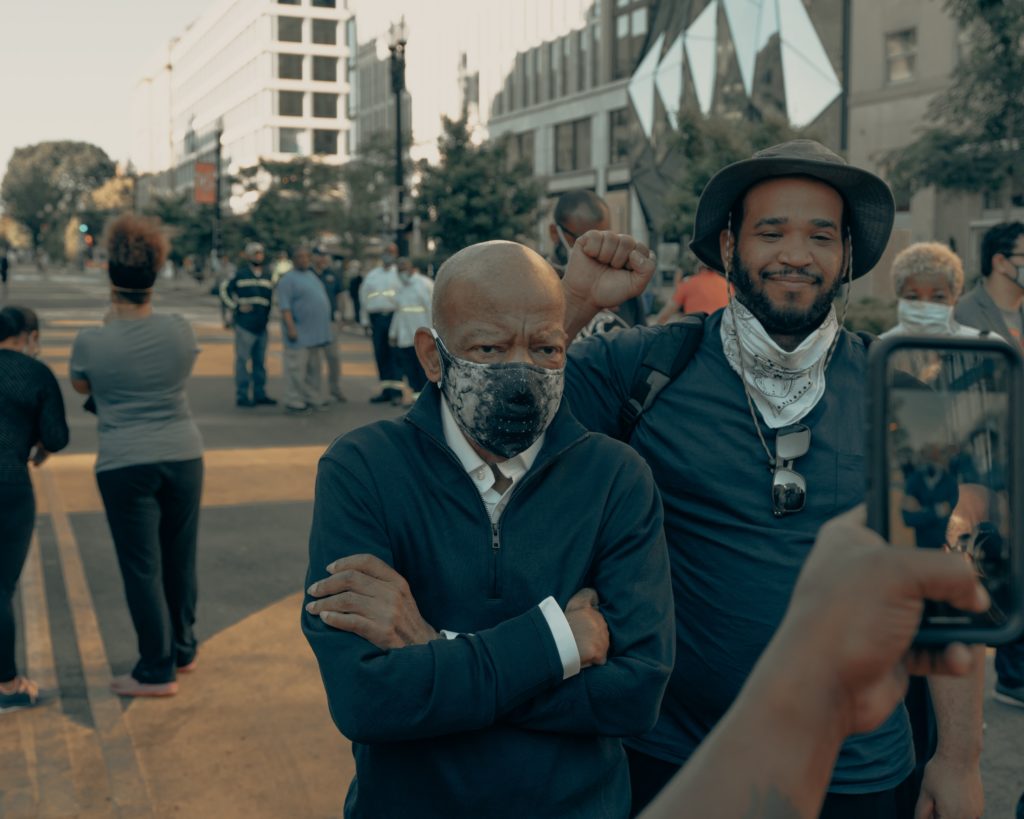
I don’t know why, but John Lewis has been on my mind lately. John Lewis felt the impact of Elwin Wilson and others who beat him and other Freedom Riders at a bus stop. On CNN in 2009 Wilson apologized to John Lewis. John Lewis accepted his apology and forgave him.
It makes me weep.
The attack of KKK members on the Freedom Riders that night impacted not only those brave young people but the whole black community. It was a part of a terror campaign that black Americans carry around with them to this day. The fact that it was intentional made it more painful. The fact that Mr. Wilson was able, after all those years, to apologize to John Lewis and do so publicly was healing. That John Lewis accepted was an act of divinely inspired love.
There are many things that happen in our nation that negatively impact indigenous, black, people of color, and LGBTQ+. Sometimes our actions, words, and attitudes negatively affect our siblings–even when we don’t intend them to. Our first response can often be, “I didn’t mean to.” This is an understandable response.
But it is not an adequate one.
I used to think that my intent was more important than the impact my words or actions had on another person. But my feelings are not more important than another person’s reality. That is not to say my feelings are not important at all. They are. But if I harm someone by accident, the harm is still real.
What I have learned to say is this: “I am sorry for the impact on you. What can I do to make amends?”
There is much to say here. Please consider, when something we say or do harms another person to recognize the impact you have had on the other and offer restitution instead of only focusing on what you meant to do. This honors the value of the other person and opens a door to healing, to the divinely inspired love of John Lewis.
Photo by Clay Banks on Unsplash
